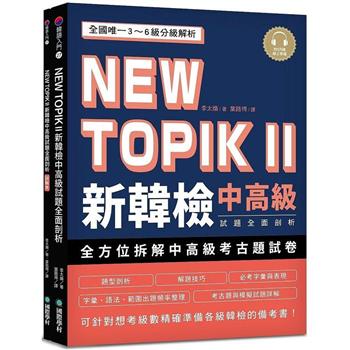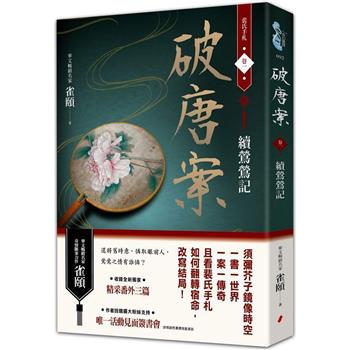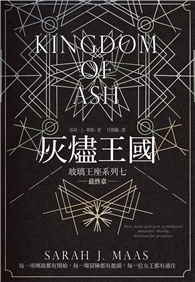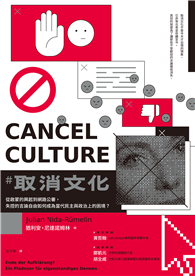What is it to trust well? How do we do it? If we think of trust as a kind of aimed performance, capable of not only success but also of competence and aptness, our understanding of what it is to trust well can be put on an entirely new footing. A Telic Theory of Trust takes up this project, and in doing so, makes use of the core ’trust as performance’ idea, developed and refined in substantive detail, in the service of explaining a range of philosophically important questions: the nature and varieties of trust, the evaluative norms that govern good trusting and distrusting (both implicit and deliberative), how trust relates to vulnerability, risk, negligence, and monitoring, as well as to trustworthiness and, more generally, to our practices of cooperation. The result, a telic theory of trust, opens up new conceptual possibilities and a research agenda in the philosophy of trust that is methodologically in the spirit of virtue epistemology, but which takes on its own distinctive shape.
| FindBook |
有 1 項符合
A Telic Theory of Trust的圖書 |
 |
A Telic Theory of Trust 作者:Carter 出版社:Oxford University Press, USA 出版日期:2024-09-24 語言:英文 規格:精裝 / 224頁 / 普通級/ 初版 |
| 圖書館借閱 |
| 國家圖書館 | 全國圖書書目資訊網 | 國立公共資訊圖書館 | 電子書服務平台 | MetaCat 跨館整合查詢 |
| 臺北市立圖書館 | 新北市立圖書館 | 基隆市公共圖書館 | 桃園市立圖書館 | 新竹縣公共圖書館 |
| 苗栗縣立圖書館 | 臺中市立圖書館 | 彰化縣公共圖書館 | 南投縣文化局 | 雲林縣公共圖書館 |
| 嘉義縣圖書館 | 臺南市立圖書館 | 高雄市立圖書館 | 屏東縣公共圖書館 | 宜蘭縣公共圖書館 |
| 花蓮縣文化局 | 臺東縣文化處 |
|
|
圖書介紹 - 資料來源:博客來 評分:
圖書名稱:A Telic Theory of Trust
內容簡介
作者簡介
J. Adam Carter, University of Glasgow
J. Adam Carter is Professor of Philosophy at the University of Glasgow, where he is the deputy director the COGITO Epistemology Research Centre. He has published widely in epistemology, with over 100 articles in leading journals. He is the author of Autonomous Knowledge: Radical Enhancement, Autonomy, and the Future of Knowing (OUP, 2022). His current work has focused on themes including virtue epistemology, know-how, and the relationship between knowledge and action.
|











